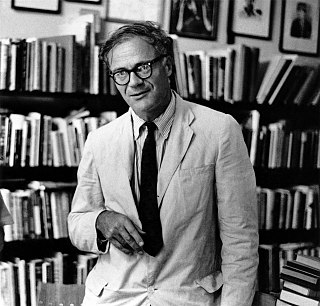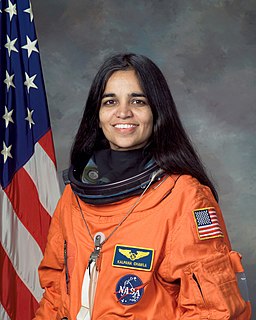Цитата Карла Сагана
Какие аспекты нашей природы возьмут верх, неизвестно, особенно когда наши видения и перспективы связаны с одной небольшой частью маленькой планеты Земля. Но там, наверху, в Космосе ждет неотвратимая перспектива.
Связанные цитаты
Нам нужно видение будущего, в котором мы применили нашу безграничную креативность к задаче жизни в ограниченном мире, где мы приняли свою роль, освоились и научились формировать планету и научились использовать наши технологические навыки для улучшения жизни. перспективы выживания не только человечества, но и всей жизни на Земле.
И тогда, поскольку Земля мала, человечество мигрирует в космос и пересечет безвоздушные Сахары, отделяющие планету от планеты и солнце от солнца. Земля станет Святой Землей, которую будут посещать паломники со всех концов Вселенной. Наконец, люди овладеют силами Природы; они сами станут архитекторами систем, производителями миров.
Спустя столетия, когда текущие социальные и политические проблемы могут казаться нам такими же далекими, как проблемы Тридцатилетней войны, наш век можно запомнить главным образом одним фактом: это было время, когда жители земли впервые вступили в контакт с огромный космос, в который встроена их маленькая планета.
[Семена малы.] Стать силой природы не означает, что все наши устремления должны быть «великими». Первые шаги часто бывают небольшими, а первоначальные идеи, которые эффективно направляют энергию, часто решают насущные проблемы. Что имеет значение, так это участие в служении более широкой цели, а не возвышенные устремления, которые парализуют действие. В самом деле, верить в то, что мы можем следовать только «великим видениям», — опасная ловушка.
Мы, наконец, начали задумываться о своем происхождении, звездном веществе, созерцающем звезды, организованном скоплении из десяти миллиардов миллиардов миллиардов атомов, созерцающем эволюцию материи, прослеживающем тот длинный путь, по которому она пришла к сознанию здесь, на планете Земля, и, возможно, повсюду. космос. Мы обязаны выживать и процветать не только перед собой, но и перед тем космосом, древним и необъятным, из которого мы произошли.
Многие люди думают, что когда мы занимаемся сельским хозяйством, природа помогает нам в наших усилиях по выращиванию продуктов питания. Это исключительно человеческая точка зрения... вместо этого мы должны понимать, что получаем то, что природа решает дать нам. Фермер не выращивает что-то в том смысле, что он это создает. Что человек — лишь малая часть всего процесса, посредством которого природа выражает свое бытие. Фермер имеет очень мало влияния на этот процесс... кроме того, что он присутствует и выполняет свою маленькую часть.
Желание нравиться является частью нашей человеческой природы. Частью нашей человеческой природы является беспокойство о том, что другие думают о нас. Атрибут величия и американской исключительности - не сдаваться нашей природе, а руководствоваться внутренним призывом к упорству и победе, невзирая на личную цену.
В течение 99 процентов времени, которое мы провели на Земле, мы были охотниками и собирателями, и наша жизнь зависела от знания мелких деталей нашего мира. Глубоко внутри у нас все еще есть стремление воссоединиться с природой, которая сформировала наше воображение, наш язык, наши песни и танцы, наше чувство божественного.

































